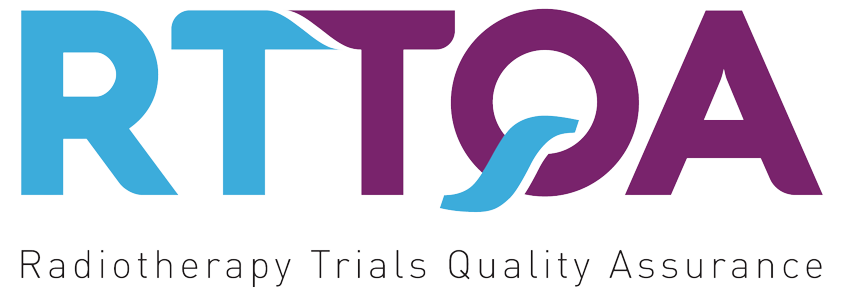
THE SABR EXPANSION PROGRAMME (SEP)
In April 2013, NHS England commissioned SABR for NSCLC unsuitable for surgical resection and issued lung contracts to a number of providers. In June 2015, the Commissioning through Evaluation (CtE) programme for extra-cranial SABR was introduced at 17 English centres to provide an evidence base demonstrating its safety & clinical efficacy for the following sites:
- Oligometastases (lung, bone, nodes, spine, liver & adrenal)
- Hepatocellular carcinoma (HCC)
- Re-irradiation of pelvic lymph nodes
CtE closed in January 2018 and, after evaluating the evidence, commissioned SABR for oligomets & HCC in March 2020. Providers outside of CtE programme were then able to treat these indications with SABR. Re-irradiation of pelvic nodes was commissioned in January 2021 and locally advanced, inoperable, non-metastatic pancreatic carcinoma (LANPC) in October 2021.
The national roll-out of SABR led to the implementation of the SABR Expansion Programme (SEP), a requirement from NHSE: any provider wishing to treat with SABR must undergo radiotherapy quality assurance (RT QA), co-ordinated and delivered by the RTTQA Group, to ensure accurate and safe delivery of the technique. SEP consists of different RT QA components requiring completion, depending on the anatomical site being treated, see Table 1 below.
| RT QA Component | Purpose |
| Facility questionnaire | To assess whether a centre has the appropriate equipment, resources and end-to-end processes in place for the safe and effective delivery of SABR. |
| Outlining benchmark | To assess the clinical oncologist’s ability to contour target volumes and the associated organs at risk specified for each anatomical site based on the SABR Consortium Guidelines & documentation provided, with the aid of appropriate diagnostic imaging |
| Planning benchmark | To ensure optimal planning of target volumes whilst sparing organs at risk following the SABR Consortium Guidelines & documentation provided |
| Lung SABR dosimetry audit | A remote end-to end audit to assess whether an adequate planning and delivery process has been established for the safe and effective treatment of lung cancer and simple oligometastases (non-vertebral bone and nodes) with SABR |
| Spine SABR dosimetry audit | A remote end-to end audit to assess whether an adequate planning and delivery process has been established for the safe and effective treatment of complex oligometastases (spine, adrenal, liver and pancreas) with SABR |
| Outlining prospective review (pancreas only) | The first patient to be treated by each benchmark-approved clinician at each centre will require prospective review in order to assess the clinical oncologist’s ability to contour target volumes and the associated organs at risk based on the National Pancreas SABR Radiotherapy Guidelines, with the aid of appropriate diagnostic imaging |
| Planning prospective review (pancreas only) | The first patient to be treated at each centre will require prospective review in order to ensure optimal planning of target volumes whilst sparing organs at risk following the National Pancreas SABR Radiotherapy Guidelines |
Previous CtE, SEP and trial participation may be used to streamline QA, where applicable.
A maximum of 2 clinical oncologists per provider will undergo RT QA. Accredited clinicians will be responsible for mentoring other clinical oncologists at their centre wishing to treat this indication. At least 2 cases will be assessed after mentoring and the review documented. Forms are available from RTTQA if required. Completed forms can be sent through to RTTQA, who will issue a benchmark-equivalence approval (necessary for any future trial participation).
RT QA will be performed for 1 treatment platform, 1 energy and 1 treatment planning system per provider.
For LANPC, specifically, centres will not be able to commence the Pancreas Programme until they are credentialed for liver SABR. In addition, the programme is being delivered in 3 phases:
- Phase I will include centres experienced in upper abdominal SABR including clinical trial accreditation and recruitment. These initial pilot centres will become reviewers for the subsequent phases.
- Phase II will commence as Phase I completes and will include additional centres without clinical trial accreditation/recruitment but who can demonstrate significant experience in liver SABR.
- All other centres will come under Phase III. These centres should not complete RT QA until they have attended the Pancreas SABR Workshop organised by RCR in collaboration with The UK SABR Consortium and RTTQA, covering key aspects of contouring, planning and treatment delivery.
